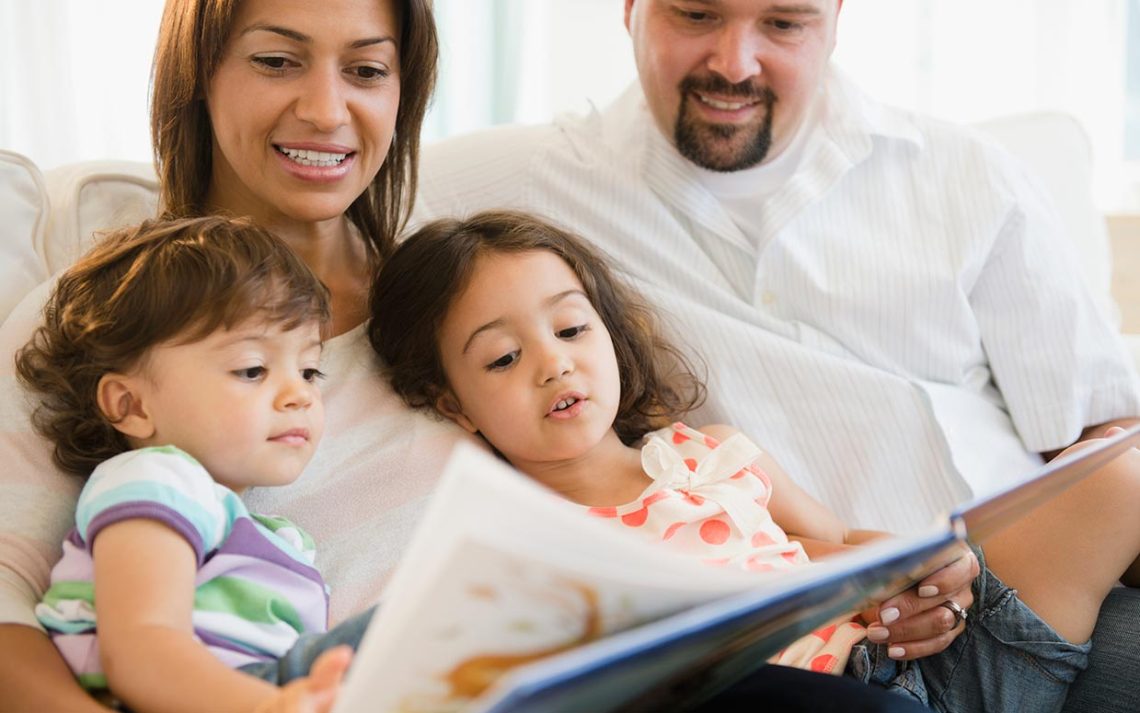
Building Your Child’s Vocabulary: A Lifelong Process (Part Two)
We all want our children to develop a great vocabulary. In the first part of our article, we covered the basics of how you can help your little ones better communicate with the world and express their thoughts, emotions and ideas. And if you want to know more tips, keep reading.
Read New and Interesting Texts
Reading is the best source of vocabulary there is. To encourage a child to read, the first thing to do is to read to them. By looking for books that are fun to read, they can begin to skim the pages and learn a lot more. The habit of reading stories to them will help stimulate their imagination and desire to learn more.
It’s also a good way to teach them to read by having them associate pictures with sounds. By reading aloud to them with different intonations, phrases and gestures, they will learn the meaning of the words with all their senses. Telling them the beginning of the story and leaving them curious about the ending is another way to get them into the habit of reading.
It is very likely that when you start reading, you will find words that are strange to them. This, rather than appeasing their desire to continue reading, should motivate them to look up the meaning of new words in dictionaries. This connection is very strong, as they find a common ground to talk about stories, tales and characters. It can also be a topic of conversation with the child.
By keeping a small library at home, giving them books on subjects they love, and making reading a part of their lives, your children will be able to expand their vocabulary with a world of endless imagination. Books are the way to travel without moving. This can help children in many unimaginable ways, including inviting them to write.
Educational and Engaging Games
This is the best way to learn everything, especially when it comes to building vocabulary. There are countless games dedicated to expanding the language skills of the little ones in the house.
On the market, you can buy many games that are specific to enriching the vocabulary of your child. These games are adapted to different children, from pictures for the little ones, to more complex ones for teenagers. If you don’t have a game on the market, you can make up word games. Video games, learning songs, memory games, charades, hangman and many others are impressively effective for learning words.
Any type of game can be a great opportunity to build a child’s vocabulary. By teaching them the names of the objects they will play with, colors, places, shapes, among others.
This form is much more recommended than any other, because by having fun they are attracted to these actions and want to do them for much longer than a school activity. The best opportunity for knowledge to take hold is when the child is willing and attentive. In games, they are usually very aware of what they are doing.
This is why it is an effective practice to fix ideas or words associated with feelings and emotions. At school, this type of activity can be added as a pedagogical way to learn new words or even another language.
Word association games are ideal to do at any time. On a walk, on the way to school, at any time you can start a word game and teach new vocabulary.
It’s not as easy to build your children’s vocabulary, but with the tips we’ve outlined today, you should be off to a good start. For more ideas, check out part three of our article. In the meantime, let us know in the comments below what techniques you’ve used since our last article.
You May Also Like

Is Your Child Thriving in the Right School Environment?
2024-04-24
Baby Blues, an Episode of Malaise After Pregnancy
2022-06-15

